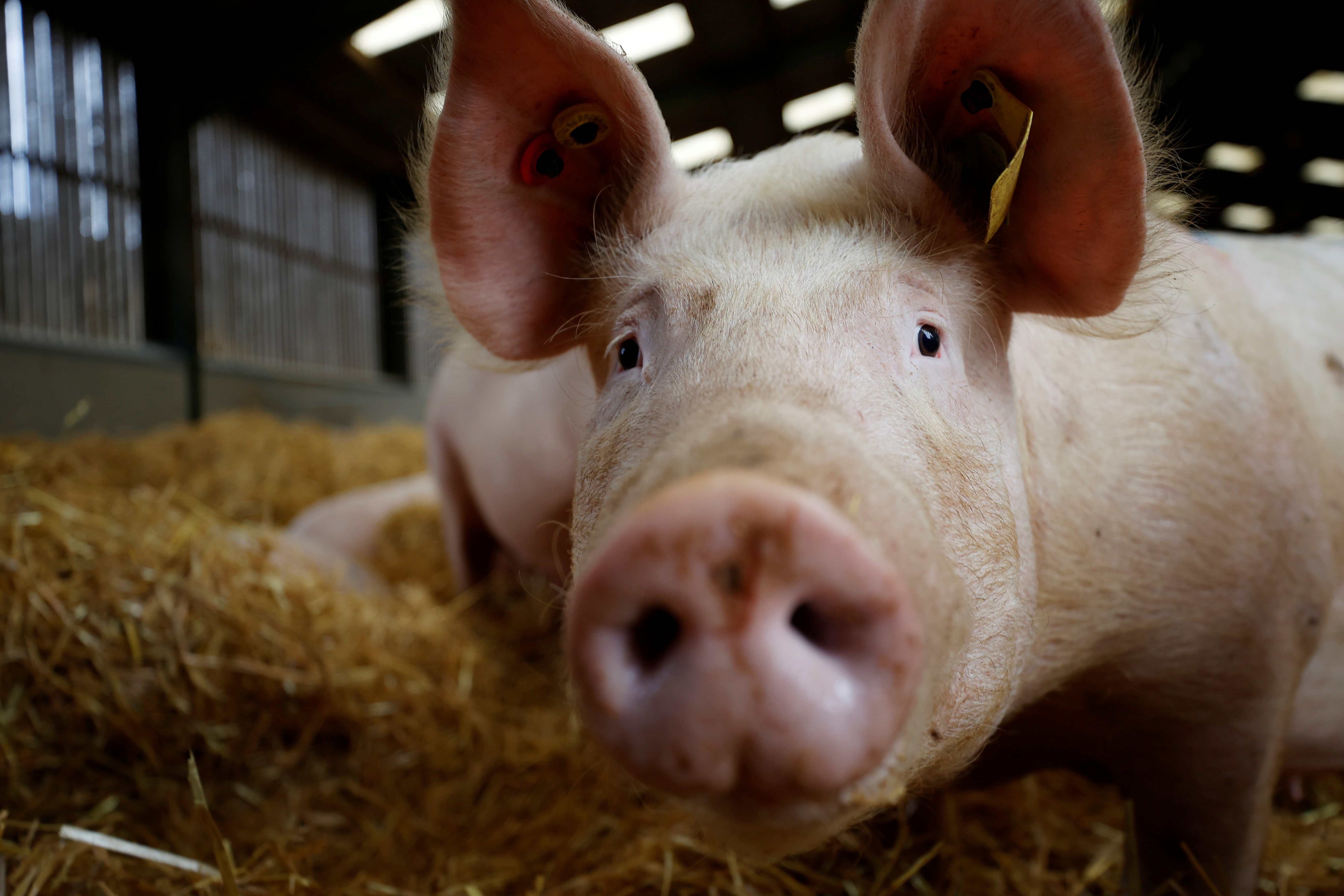Cyprus tops EU list for antibiotics in farm animals

Cyprus, which lost 89 people to antibiotic resistance in 2020, is striving to reduce the use of the drugs in livestock farming, but there is still a long way to go.
Data indicates that Cyprus remains the top EU country in the consumption and provision of antibiotics in animals – particularly pigs and poultry – despite its significant progress over the past few years through the implementation of programmes.
Over the past weekend – July 6 and 7 – trainers from Europe were in Larnaca to promote the correct use of antimicrobial substances.
The EU-funded seminar was organised by the Veterinary Services and the Cyprus Veterinary Association.
According to Eurostat, antimicrobial resistance was responsible for 2,10 deaths in the EU in 2020, of which 89 were in Cyprus, and cost health systems around €1 billion.
The EU – Cyprus included – aims to reduce the use of antimicrobial substances by 50 per cent by 2023.
Veterinary Services director Christodoulos Pipis said the aim was for farmers and health officers alike to work towards this aim.
Pipis told the Cyprus News Agency (CNA) that the problem was worse in the sectors of pig farming and aviculture.
The Veterinary Services intervened in cooperation with the Cyprus Agricultural Payments Organisation to reduce the use of antibiotics in the framework of Common Agricultural Policy (CAP) 2023-2027 plans.
The implementation of these plans led to a 23.4 per cent drop in the annual sales of antimicrobial action substances in participating farms.
The key, Pipis said, was to “acknowledge the severity of the issue”.
Pipis said similar actions will be promoted in aviculture and then various ruminants, rabbits and pets.
E-prescriptions will also be introduced to keep track of the use of antibiotics in real time.
Pipis noted that meat and meat products on the market were safe for human consumption, noting that this was verified through routine checks.
Any animal products found to contain substances exceeding the permissible limits were confiscated and destroyed.
Agriculture Department permanent secretary Andreas Gregoriou told CNA that “unfortunately there appears to be an antimicrobial resistance.”
The good news, he said, was that the use of antibiotics in pig farms had been reduced by 50 per cent.
The progress was also confirmed by vice-president of the Cyprus Association of Pig Farmers Katerina Hadjikyriacou, who attributed the drop to CAP plans.
She said very few pig farmers had not participated in the incentive scheme and that the younger generation was looking at farming through a different prism.
Demetris Paradisiotis on behalf of Paradisiotis poultry referred to biosafety, noting that the microbial load was reduced, diseases were not easily transmitted and the use of antibiotics was not necessary.
Training project manager Monica Zabala from Spain said the company she works for has undertaken the EU project and so far, training sessions have been carried out in seven member states.
She noted that interest from Cyprus had surpassed all expectations.
Zabala said two years ago Cyprus had one of the highest levels of antimicrobial consumption per kilogramme of meat in the EU.
However, with the measures implemented by farmers, one farm achieved a 95 per cent reduction in the use of antibiotics.
Federation of Veterinarians of Europe vice-president and training coordinator Massenzio Fornasier said antibiotics could not be totally scrapped, however a more prudent approach should be applied in their use.
Fornasier referred to specific challenges faced by Cypriot farmers, such as hot weather and water quality and shortage, problems common in south Europe.
“If you want to reduce the use of antimicrobials, you must work hard to improve farming techniques, temperature and humidity management and cleaning procedures. This takes time and resources,” he pointed out.
